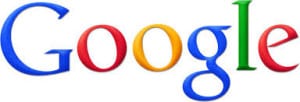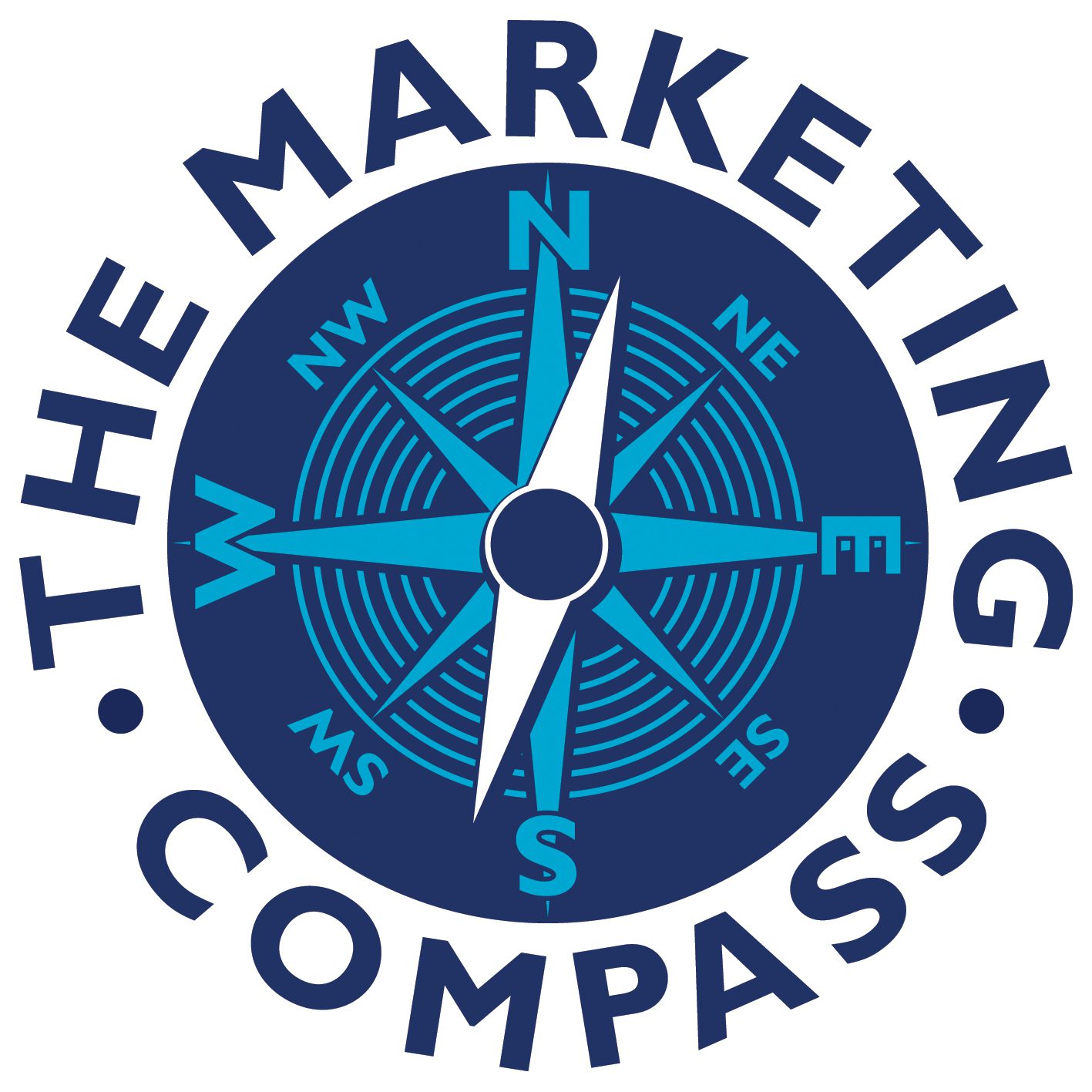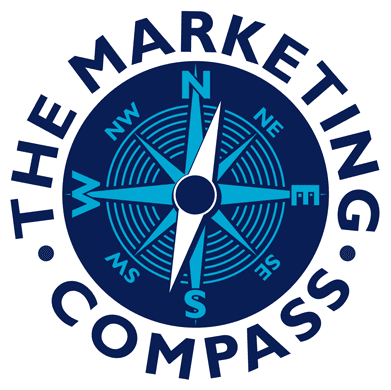 Probably a lot more than you might think. Google likes deep content from subject experts. For a long time, I have told my clients and members of The Marketing Compass that “long body copy works.” When someone asks me: “How many words should I write within a blog?” …my standard answer used to be 300 words. However, this number is now edging up, to at least 400 if you are interested in being found by Google search. As you read the following, please remember that I am only the messenger.
Probably a lot more than you might think. Google likes deep content from subject experts. For a long time, I have told my clients and members of The Marketing Compass that “long body copy works.” When someone asks me: “How many words should I write within a blog?” …my standard answer used to be 300 words. However, this number is now edging up, to at least 400 if you are interested in being found by Google search. As you read the following, please remember that I am only the messenger.
If you want to get noticed by Google search, write extended blog posts of more than 1000 words. Some sources say that circa 1,500 words is a good target to aim for. This word count takes about five minutes to read. (If you are wondering how many words there are in this post, the answer is around 1000).
Google prefers a high word count, as long body copy means that the piece contains more expertise and more keywords. After all, if you are writing about a subject in reasonable depth, 1000+ words enables you to argue your case in more depth than 300 words does.
However, you have to provide insights. Which means that you must know what you are talking about. Which in turn means that if you pay $5 for someone on the other side of the world to write your blog posts, Google will probably notice.
Bear in mind that the Google algorithm is now smart enough to figure out whether you actually know your subject and what you are writing about. The good news is that there is a genuine opportunity for you to shine.
As a subject expert, you can share some of your knowledge via website pages and via blogs.
The challenges include finding the time to write and also writing copy (words) which are of a high standard.
I think that it is fine if someone else edits your words, as this means that you are providing a better service to your readers.
There are clearly a number of other challenges here, aren’t there? For a start, you have to have quite a bit to say in order to hit 1000 words on any given subject. Having said this, if you continually read about your subject, launch new services / products and are creative by nature then this is less of a problem.
I often work provide marketing advice to independent professionals, business owners and large enterprises who need a little help with their marketing strategy in general and their content marketing in particular. This is the brave new world of marketing.
For example, they realise that they can write about their enterprise, services, products and customers. But what else can they write about? Perhaps it is easier for someone ‘looking in’ rather than someone ‘looking out’ to see the numerous possibilities that exist within their enterprise, that can be used for content marketing.
Personally, I have found that the more you write and the more frequently you do so, the easier it gets. I imagine that all of these little copywriting and idea generation neurons are busy talking to each other, no matter what I am doing.
Another challenge is how are you going to get all of these words into a machine? I was ill one summer, when I was 16 years old. My father gave me a book which taught me how to touch type. So I know where the home keys are on a keyboard (they have little raised areas for your fingers to find) and I am a reasonably fast typist who can look at the screen whilst I type, not at the keyboard. If you ‘hunt and peck’, I suggest that you learn how to touch type; age is no barrier to learning, is it?
The average typing speed is 39 words per minute, in other words 2,340 words per hour. The record is an astonishing 216 words per minute. Yes, I know what you are thinking. Probably something like: “There is no way that I could write a 1000 word blog in half an hour.” I accept this. So here are a few ideas which might help you.
* Walk around with a note book and pen (i.e. a paper note book). When you have an idea for a blog, write it down. Yes, I know that your fingers will feel clumsy handling the pen as you probably haven’t used one for a decade, but hey, old skills can be useful. Why this 20th century approach? Because all of the novelists I know do this and it would appear that the act of writing with a pen sparks off more ideas than using the virtual keyboard on your smartphone.
* Write regularly, ideally every day – even if it is only 100 words; the words will soon mount up.
* When you read, don’t just read about your profession. Ideas come from many different sources. As Leonardo da Vinci said: “Realise that everything connects to everything else.”
* Write directly into your blog software (i.e. WordPress). If someone has to edit / review / clear your words, get them to do so online, ideally within the blog software itself.
* Blog at least once a week and share your blog posts via social media such as LinkedIn, Twitter and Facebook. (Your choice of social media platforms may be dependent on whether you market to other businesses or to consumers).
By the way, if you are realistically never going to become a touch typist, then I suggest that you start using dictation software. Everyone tells me that it is getting better and better.
The alternative would be to work with someone who can make it happen for you i.e. help you to come up with the ideas and actually get them published via your blog, MailChimp newsletter and social media accounts. There are many ways to get all of this done, without soaking up all of your working day.
I hope that this blog has helped to answer the question: How many words should you write for Google?
Here are some other blog posts on content creation which may help:
Coming up with new ideas and finding time to think
How to generate ideas for content marketing blogs
Written by marketing consultant, trainer, copywriter and author Nigel Temple.
3,000+ clients over a 30 year period | 3 million words and counting
Nigel is available for hire as a marketing consultant, marketing trainer or copywriter.
Join the marketing conversation within The Marketing Compass community.
Subscribe to Nigel’s newsletter (scroll to the foot of any page): Compass Points newsletter

